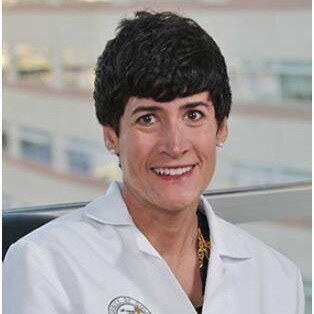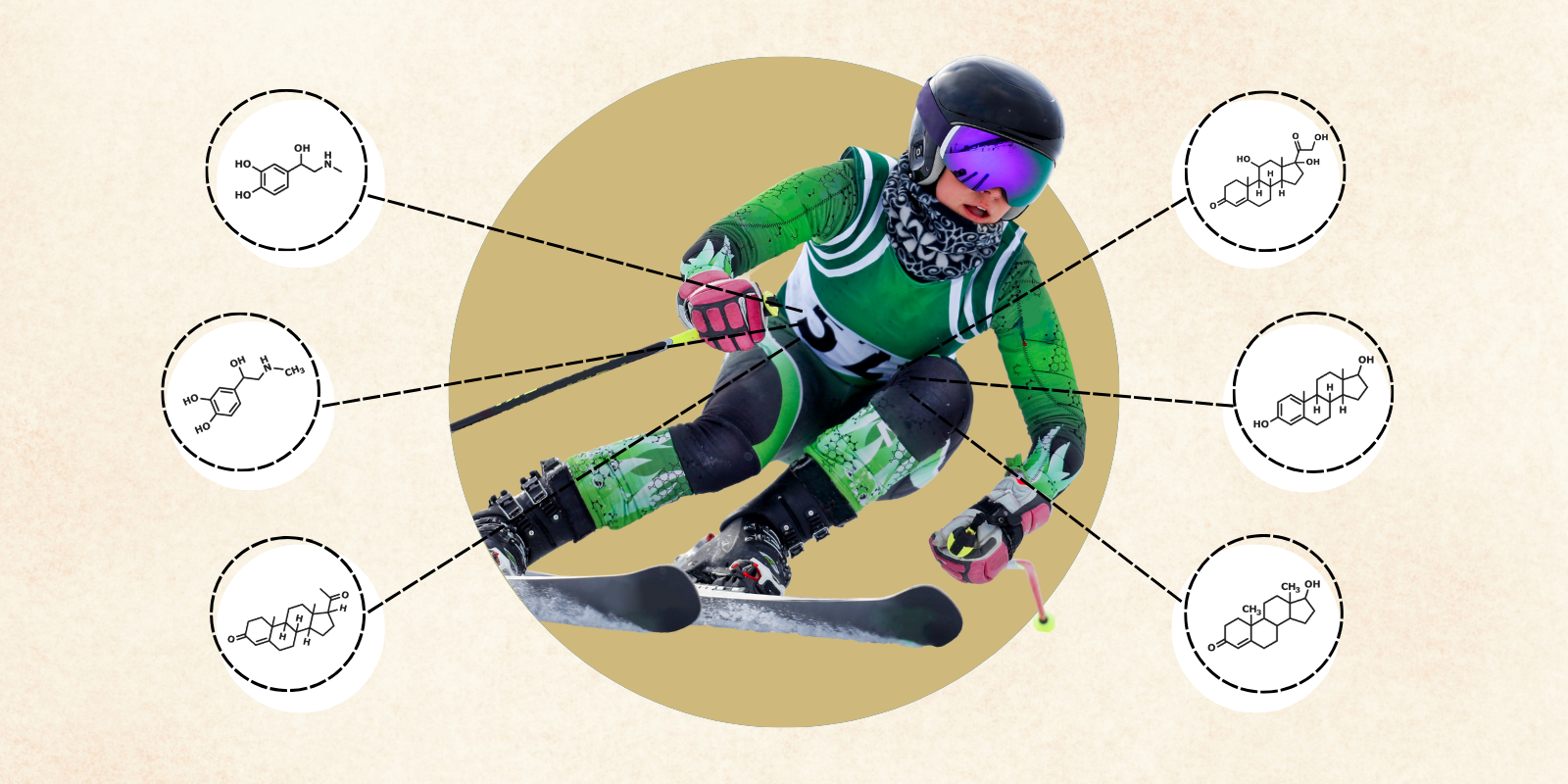It was a special moment for Lisa Forman, MD, when she and 20 of her colleagues in the University of Colorado Department of Medicine were inducted into the department’s Clinical Excellence Society, a new program that recognizes clinical faculty who exude excellence toward patients.
“This was the first time I’d ever heard of any academic institution recognizing people just for their clinical work,” says Forman, a professor in the Division of Gastroenterology and Hepatology.
“The Clinical Excellence Society represents everything I’ve been striving for: Being a great physician who is respected and valued by colleagues and — more importantly — by patients,” she adds.
Throughout her career, Forman has developed a reputation as an expert in the field of hepatology, with years of experience researching and treating complex liver diseases, specifically autoimmune liver diseases, and liver transplantation.
In a nomination letter, James Burton, MD, section head of hepatology and medical director of liver transplantation, said he could think of no better person from the division to be named to the Clinical Excellence Society.
“I know if I were to experience liver disease or any of my family members or friends were to need a hepatologist, Dr. Forman (would) undoubtedly be the one person I would recommend from our group,” Burton wrote.
From leading research to serving as the division’s fellowship program director for 14 years, Forman has taken a multifaceted approach to improving health outcomes for people with liver diseases. Despite her many achievements as a researcher and educator, ultimately, it is her work as a clinician that drives her.
“Although I am extremely proud of all I’ve accomplished in the education and research arena, it all comes down to taking care of patients,” she says. “That’s what I still do to this day and what I really love about coming to work every day.”
The road to hepatology
Some of Forman’s earliest childhood memories are going on clinical rounds in a hospital with her father, a physician who inspired Forman’s pursuit of medicine.
As a medical student at the University of Pennsylvania School of Medicine, during her first clinical rotation, Forman saw a patient with a liver condition called primary sclerosing cholangitis, a chronic liver disease where bile ducts become scarred and eventually narrowed or blocked.
“I just became fascinated with the liver and autoimmune diseases,” she says. “I was one of those people who knew exactly what they wanted to do since that first encounter.”
After completing her residency in internal medicine and a gastroenterology fellowship at the University of Pennsylvania, Forman came to the CU School of Medicine in 2002.
“Beginning with that first patient I saw during my first clinical rotation, that particular disease has become my passion. Today, I probably see more patients with autoimmune liver diseases in this part of the country than anyone else,” she says.
Prioritizing and empowering patients
Given that many of the diseases Forman treats are rare, by the time patients reach her, they’ve often faced a complicated and confusing medical journey.
“Often, these patients have been searching for answers and feel they have to educate physicians about their disease,” she says. “When I see a new patient and start talking to them, you can see their stress melt away because they’ve finally found a doctor who is not intimidated by their disease and is very familiar with it.”
“It’s really been a passion and mission of mine to educate patients. If they have an idea of what’s going on, this gives them the power to ask questions and be more empowered as a patient,” she adds.
This approach has proven to be effective, as one of Forman’s patients said, “She was like a bright light coming into my life.” Another patient remarked, “She is one of the best doctors I have ever met.” These connections also go beyond the clinic, given that Forman has even received a wedding invitation from a patient before.
“It’s humbling to know that you have someone who really thinks of you more as a part of their family than just as a patient, and it’s those interactions that are the career highlights to me,” she says.
When it comes to teaching early-career and aspiring doctors how to deliver exceptional patient care, Forman’s biggest piece of advice is to put the patient first.
“You have to put your best face forward, and if you really listen and spend time with your patients, it’s not going to feel like a job — it’s just something you love and are passionate about,” she says. “Just think of the patient as a person in front of you. It makes all the difference.”




